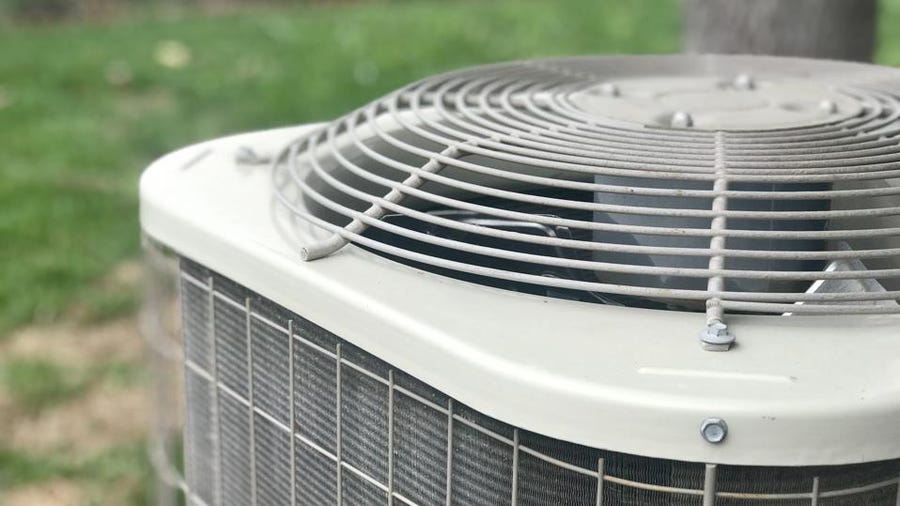
There are many different career options for electricians. While some electricians specialize in large-scale projects, others are more skilled at managing smaller equipment or even supervising apprentices. In addition, electricians often work on ships and are required to have a license in some countries. All of these options can be rewarding and provide good work-life balance. In addition, the jobs have solid prospects for advancement and promotion. The average American electrician will be 60 years old. But is being an electrician right for you? Continue reading to find out what it takes to be a good electrician, and how you can become one.
Construction electricians are focused on larger projects
Construction electricians, for example, are skilled at large projects. Their work environment is varied. They can work at any hour of the day and in any weather. They may have to work overtime, weekends, and holidays. They must know cybersecurity to ensure safety and efficiency in the electrical system of buildings. You have many options to learn how to do this type of job. Here are some tips:

Maintenance electricians repair smaller equipment
In many industries, maintenance electricians are needed to make repairs on equipment that uses electricity. These electricians use specialized tools for their work, such as insulated screwdrivers. Some electricians have ergonomic ratchet screwdrivers which can be interchangeable. Accuracy is essential for electrical maintenance workers when cutting or stripping wires. They use a magnetic tip and a retractable tape to measure the distances. Some of these tools are equipped with multi-step locks.
Maintenance electricians supervise apprentices
As long as an electrician supervises them, apprentices are allowed to work in the electrical industry. It is important to have the experience and knowledge to supervise licensed electricians. There are several levels of licensing available for electricians. These include Master, Journeyman and Limited Residential. Apprentices are expected to have at least two years of experience, preferably more, and they must work on commercial and industrial equipment.
Maintenance electricians work on ships
Maintenance electricians work on ships, just like their name suggests. They do repairs and maintenance on electrical systems aboard ships. An electrician on a ship's electrical system is required to troubleshoot malfunctions, mount power distribution panels, and make modifications. They are also able to read and interpret electrical schematics. As the work environment onboard ships is always damp and wet, marine electricians are exposed to a variety of hazardous environments.
Maintenance electricians work on planes
Aviation electricians have extensive knowledge of the electrical systems in airplanes, and their job duties include troubleshooting and repairing these systems. They are highly paid for their expertise and attention to detail, which includes testing and maintaining aircraft systems. The electrical systems in airplanes are intricate, and the ability to identify and resolve problems quickly is essential for the safety and efficiency of an airline. The safety and security of an aircraft is paramount. However, it will also require aircraft electricians to maintain a smooth operating environment and to educate others about cybersecurity threats.

Maintenance electricians work on motors
Regular maintenance is necessary for electric motors to avoid sudden stops and inconsistencies. Excessive wear on the commutator can cause brush sparking, resulting in electrical inconsistency. Employees are required to inspect the commutator for damage, grooves, and scratches. Sparkling is possible in areas that appear rough. They should inspect the motor mounts, rotors, and belts for damage.
FAQ
Do I Need A Legal Representative To Sign My Service Agreements?
No. Your service agreements can be signed by anyone. However, you may want to appoint one as a precautionary measure.
Legal representatives are people who act on behalf of another person. If you are an entrepreneur, you may choose to have someone represent you professionally.
This could be hiring an accountant or solicitor. It could also mean someone being appointed to manage your business interests.
In most cases, the client is responsible for appointing a legal agent. Sometimes, however the vendor hires a legal agent.
A legal representative can help you to protect yourself legally in either of these cases.
When do I have to pay for the service/contractor?
The type of service provided will determine the payment schedule. In other words, if you hire someone to install a roof, you will typically pay once the work has been completed. However, when you purchase a product from a seller, such as a kitchen range oven, you may only pay once you have received and tested it.
Who is responsible for paying for the service
Your SCA defines who is responsible for paying for the service. If the service provider is not paid in full, it may have grounds to claim compensation through the courts.
What is a service contract agreement?
A Service Contract Agreement, or SCA, is an agreement between parties to offer services to one another. The SCA defines the services and determines how much effort and time should be spent on them. It also specifies who pays for them and when and where they should start. The agreement also specifies what happens to the other party if they breach their obligations.
Statistics
- (3) The contracting officer may provide for a contract price adjustment based solely on a percentage rate determined by the contracting officer using a published economic indicator incorporated into the solicitation and resulting contract. (acquisition.gov)
- Depending on the client's trustworthiness and financial stability, a deposit is usually 10 to 50% of the total contract amount. (lawdepot.com)
- (1) Ascertain the extent to that offers are based on the payment of overtime and shift premiums; and (2) Negotiate contract prices or estimated costs without these premiums or obtain the requirement from other sources. (acquisition.gov)
- Reasonable late fees go up to 25% per year on unpaid sums. (lawdepot.com)
- (ii) Name, address, and telephone number of each proposed first-tier subcontractor with a proposed subcontract estimated at $10 million or more. (acquisition.gov)
External Links
How To
How can I get started with the negotiation of my first service arrangement?
Negotiating terms for the first service agreement can seem daunting.
However, negotiating the terms of a first contract doesn't have to be difficult.
It all comes down to how prepared you are.
Before you begin negotiations you need to ensure that you fully understand your first service agreement.
For example, you should know precisely what you will do for the customer.
Know what the customer is expecting from you.
Once you have a clear understanding of your expectations, you can prepare for negotiations.
You will be more prepared when you meet with the other person.